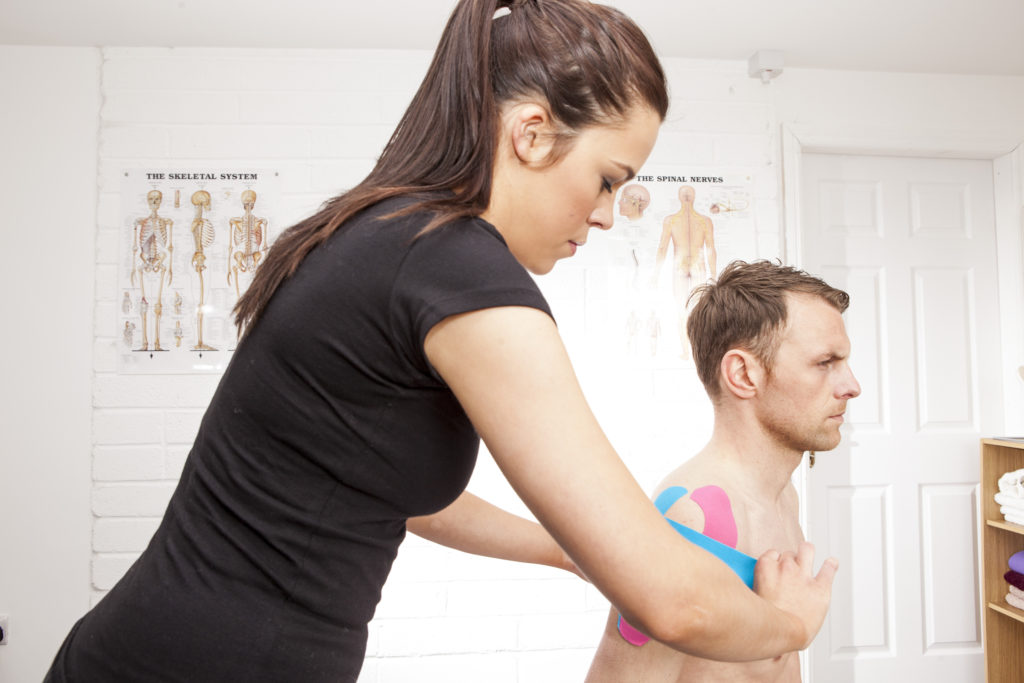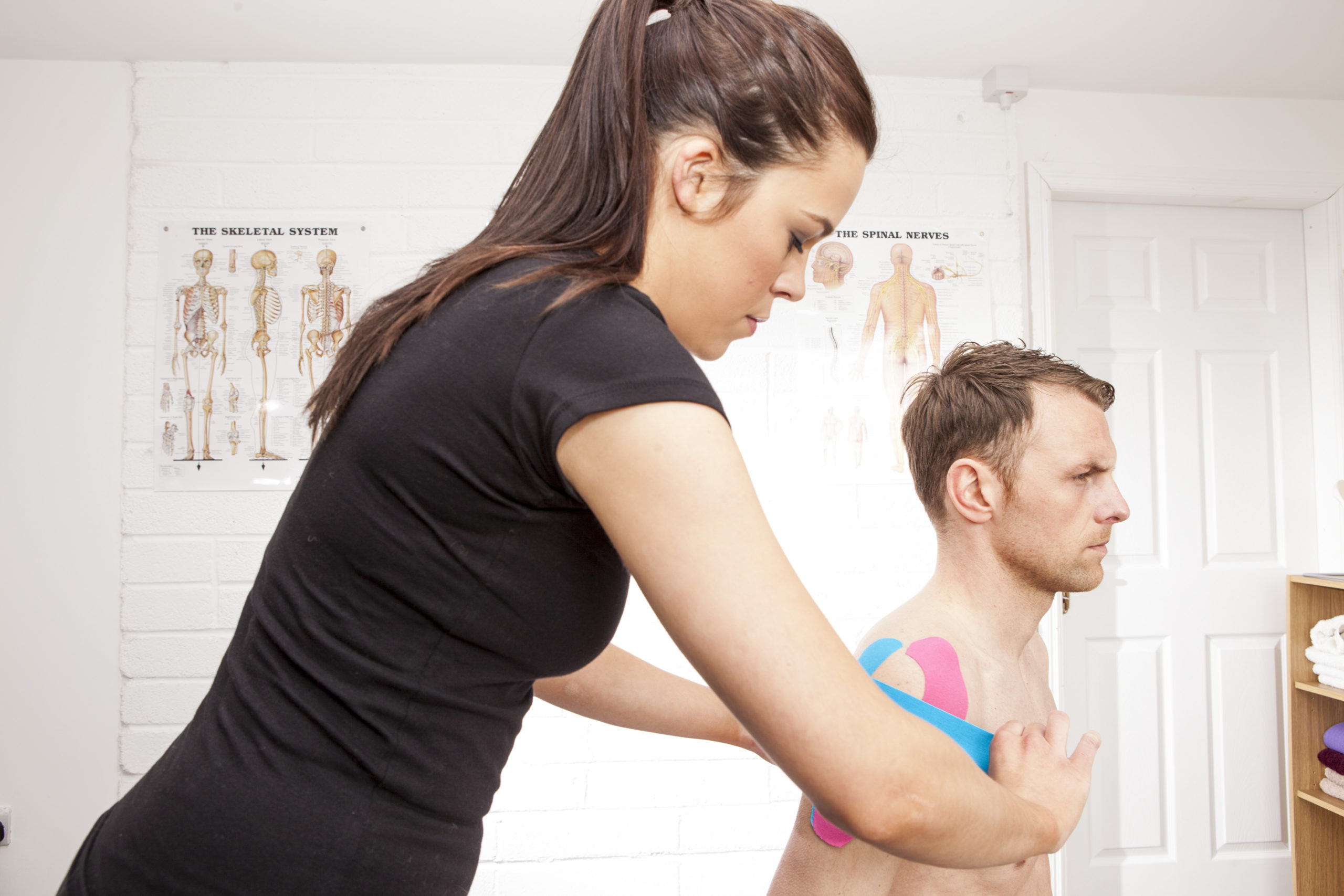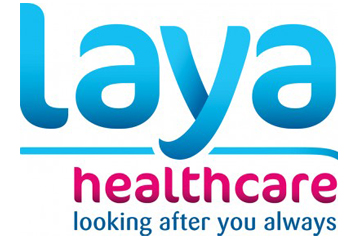Shoulders and Tendons
Why do I have tendon pain?
Not surprisingly, the answer to this common is question is “there are a lot of reasons!”
Tendon pain is a common complaint and affects people from all walks of life. Young sporty types and older sedentary individuals can be affected. There are a number of factors that can contribute to tendon pain, which means that it can be an issue for many. Firstly, it is important to understand the tendons purpose: it attaches muscle to bone, allowing us to move our bodies. To do this, it absorbs force and transfers it to the bone, acting like a spring. The different tendons deal with force in different ways, depending on what they are required to do. Some like the achilles tendon, are very good at absorbing stretching force, and transmitting this to the foot to allow us to push off the ground to run and walk. Some are better at dealing with pressing forces, like the rotator cuff tendons.

There are risk factors for developing tendon pain that we cannot change:
- Genetics: Certain genes have been implicated in tendinopathy.
- Age: Older tendons heal more slowly.
- Anatomy: The alignment of your bones and anatomy of your joints may play a role. It is suggested that women are more effected by gluteal tendinopathy due to their comparatively wider hips than men, which theoretically increases the compressive forces on the outside of the hip and gluteal tendon.
- Gender: Women are more susceptible to tendon pain around the menopause, this is likely due to hormonal changes influencing tendon health and sensitivity.
There are risk factors that we can change:
- Certain activities are associated with tendon pain, in particular activities which involve repetitive stretching and shortening of the tendon at high speeds, such as running and jumping.
- Compression: compression of the tendon appears to be a factor in tendinopathy.
- Change in load: alteration in intensity, frequency or duration of physical activity which places load on the tendon. This can involve one or all of these elements. Commonly, returning to exercise after holidays, or starting gardening in the summer can cause a sudden change in load and may result in developing tendon pain.
- Obesity: The changes in body biochemistry in obesity can affect the tendon structure and sensitivity, making the tendon less healthy and more sensitive to load. The mechanical effect of increased weight may also have an effect on the tendon.
It is likely that if you are experiencing tendon pain that there are multiple contributing factors. The good news is that tendons respond really well to gradual exercise, no matter how severe the pain is or how extensive the changes to the tendon structure are.
It is important to acknowledge that the above risk factors are in the context of your life, and all the various stresses and experiences that go with it. These ‘life factors’ such as sleep habits, thoughts, beliefs and emotions can have a profound effect on your pain experience, and also need to be explored.
If you are experiencing tendon pain and want to get to the bottom of it, speak to one of our Chartered Physiotherapists who can assess you and get you started on a comprehensive rehabilitation programme.
References:
Malliaris and O’Neill (2017) Potential risk factors leading to tendinopathy, Apunts Med Esport, 52(194): 71-77.
Grimaldi, A. (2015) Gluteal Tendinopathy: Integrating Pathomechanics and Clinical Features In Its Management, Journal of Orthopaedic & Sports Physical Therapy, 45(11):910-922.
Abat et al. (2017) Current trends in tendinopathy: Consensus of the ESSKA basic science committee Part 1: biology, biomechanics, anatomy and an exercise based approach, Journal of Experimental Orthopaedics, 4(18).
Gifford, L. (1998) Pain, the Tissues and the Nervous System: A Conceptual Model, Physiotherapy, 84(1), 27-36.





